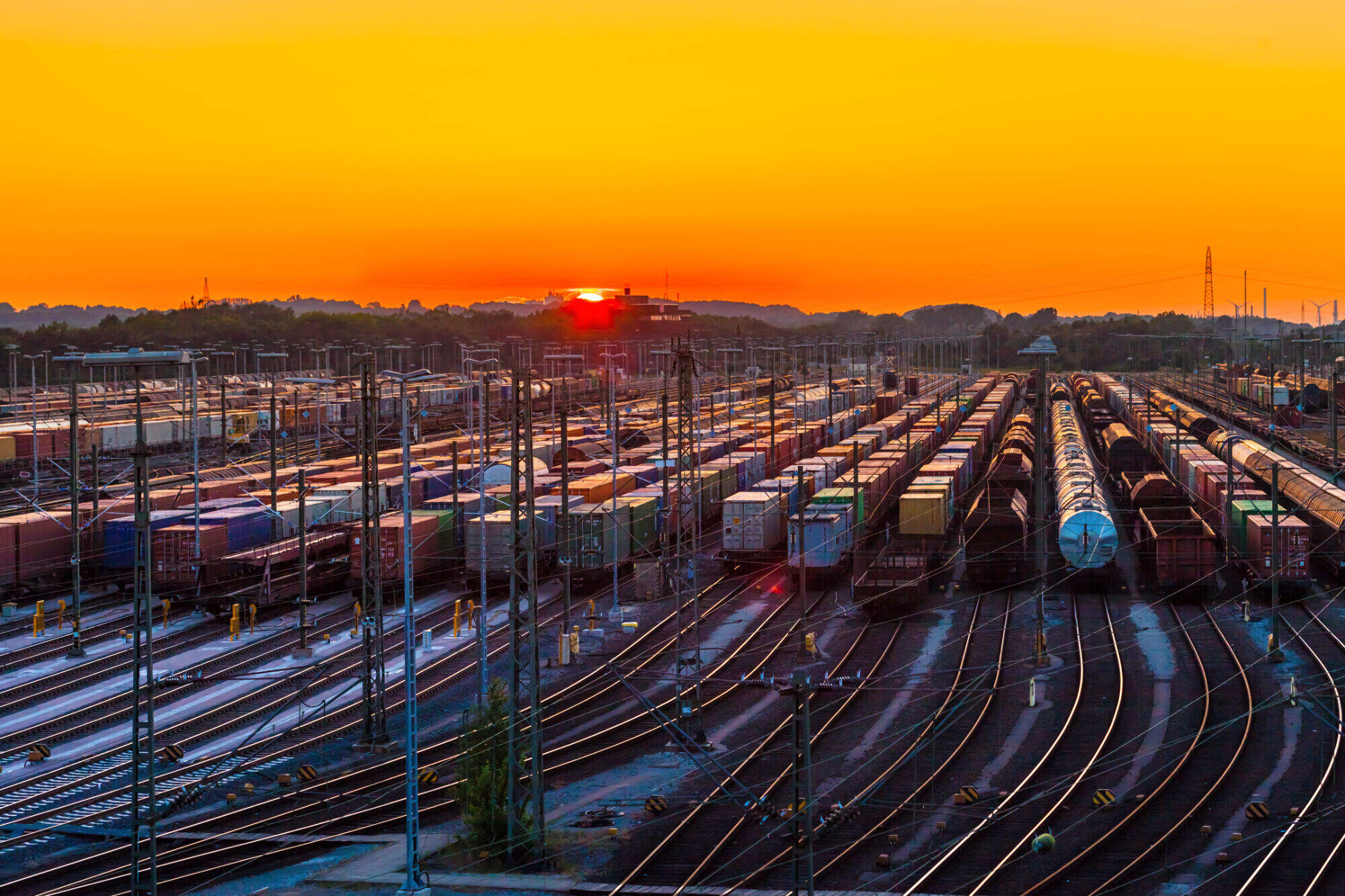Transportation through the railway system has been and still is an integral part of global logistics, linking up different regions of the world. In the case of prolonged and intensive trade, railway systems are able to play an important role in the carrying out of portage operations. This article aims to analyze the significance of the railways, their operational advantages, and their relevance in the logistics of the present day. This article would also delve into the scope and role of rail transport in Indian logistics in particular.
Safety and Reliability
The first and most likely the most important advantage of retail transport system solutions is they provide for the most optimum reliability. Unlike road transport, which is subject to traffic, broken pavements and the unpredictability of climate, railways trains have a far more structured environment which results in timely delivery. Such factors are necessary components for industries such as agriculture, energy and manufacturing where oil tankers are widely utilized. Road accidents are also possible, with a far higher rate than railway transport systems due to limited scope for error in the industrial systems.
Cost and Efficiency
Among the modes of transport, rail transport is the most cost-efficient in terms of bulk cargo movement. Trains have the ability to transport large volumes of goods including raw materials and finished goods over long distances without constant refueling and time-consuming loading and unloading processes. It’s thus suitable for the movement of bulk commodities such as coal, minerals, agricultural products, and container traffic that require intermodal shifts. In many circumstances, rail transport is more cost-effective, especially in cases when large quantities of products need to be transported over long distances.
Environmental impact
With the increasing people’s consciousness on climate change and sustainability issues, the railway transportation can be deemed as a less polluting mode of transport in context to road and air transport. The amount of carbon emissions generated in rail transport is substantially lower for every ton of cargo that is ferried. Rail networks also play a part in decongesting roads, thereby reducing the rate of emissions from vehicles. By transferring more cargo from trucks to trains, the adverse effects of transport on the environment can be significantly minimized contributing to the global quest of sustainable logistics.
Flexibility and Capability
The contemporary railway systems have evolved to serve the emergent needs of the world economy. The railway companies have tremendously diversified from offering high speed container trains to specialized types of cargo can be catered for. This enables businesses to select the most appropriate mode of transport that can handle bulk orders or rush orders. Also, the fact that trains are capable of carrying very complex cargos—liquids, gases, perishables, machines etc—strongly increase the importance of rail in the modern supply chain.
Bulk commodities continue to be transported by railway networks which are essential to world trade. Its reliability, cost-saving, ecology as well as the ability to carry a variety of goods, makes railways one of the most essential systems in today’s volatile world economy.
